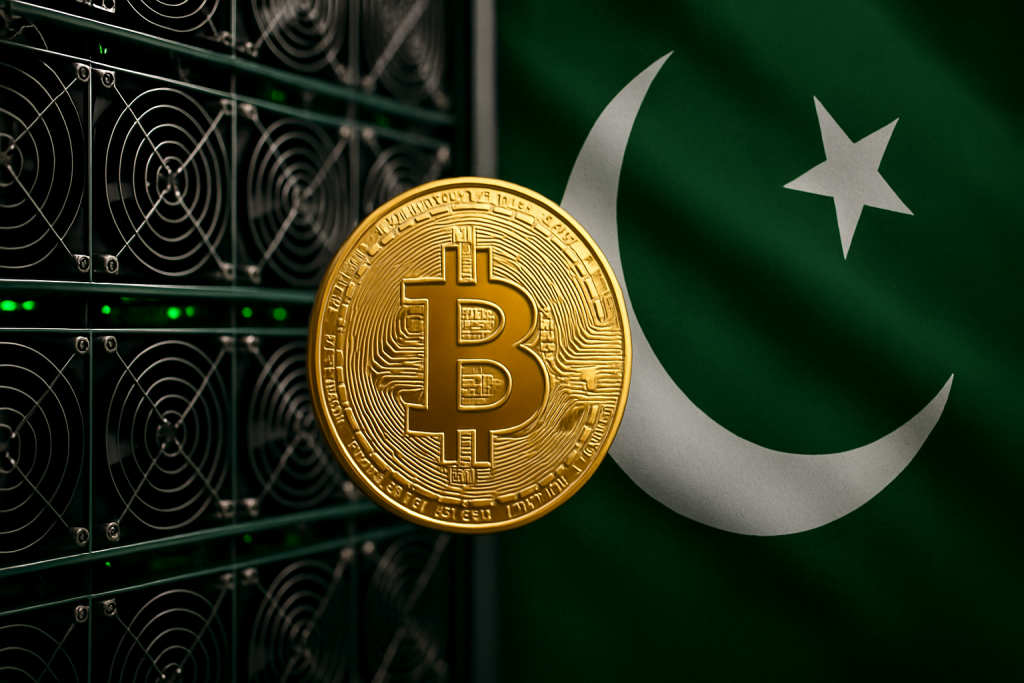Pakistan to allocate 2,000 MW for Bitcoin mining and AI data centers

Massive energy allocation aims to boost crypto and AI sectors in Pakistan
In a bold move to position itself as a regional tech hub, Pakistan is set to allocate 2,000 megawatts of electricity exclusively for Bitcoin mining and AI-powered data centers, according to a recent Bloomberg report.
The initiative, spearheaded by the Pakistan Crypto Council (PCC), will see the repurposing of three underutilized coal-powered plants—currently running at just 15% capacity—to support this high-energy venture. This marks a major step in Pakistan’s broader strategy to legalize cryptocurrency, attract foreign direct investment, and modernize its digital infrastructure.
Crypto and AI to Drive Industrial Innovation
Renowned Bitcoin mining researcher Daniel Batten noted that if half the allocated energy is utilized for BTC mining under optimal conditions, Pakistan could potentially mine around 17,000 BTC annually. Such output could elevate Pakistan to a competitive position in the global crypto mining race.
Batten also hinted at the possibility of regional competition, suggesting countries like India might feel pressure to accelerate their own crypto strategies in response.
Strategic Moves Toward Crypto Adoption
Pakistan’s crypto ambitions have gained momentum in recent months. Highlights include:
-
Initiation of regulatory frameworks for the crypto sector.
-
Appointment of Binance founder Changpeng Zhao as an advisor to the PCC.
-
A strategic partnership with World Liberty Financial (WLFI)—a DeFi project with ties to Donald Trump—to boost blockchain adoption.
These moves indicate a significant policy shift aimed at integrating blockchain and digital assets into Pakistan’s economic fabric.
Balancing Growth with IMF Commitments
Interestingly, this crypto push comes despite Pakistan’s ongoing financial program with the International Monetary Fund (IMF). The country recently secured a $2.1 billion bailout package, yet continues to double down on digital assets—a move that places it alongside countries like El Salvador, Kenya, Ethiopia, and Argentina, all of which have pursued Bitcoin projects under similar IMF constraints.
The IMF has consistently cautioned that sovereign involvement in Bitcoin could present macroeconomic risks. However, countries like El Salvador have remained undeterred, growing their reserves to over 6,000 BTC, currently valued at approximately $678 million.








